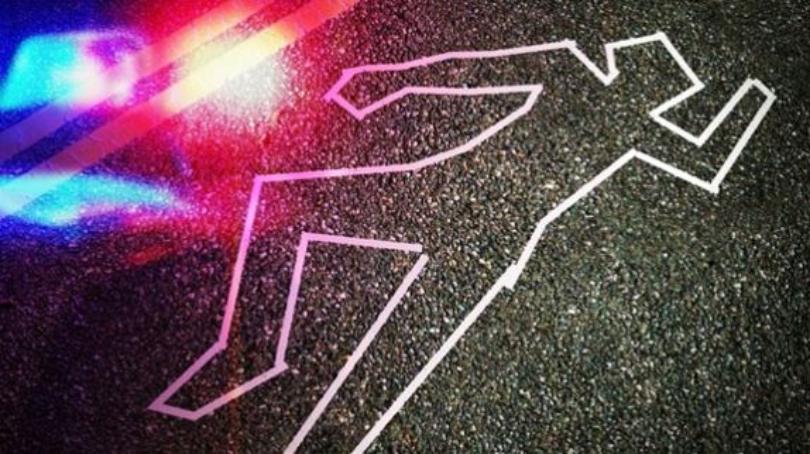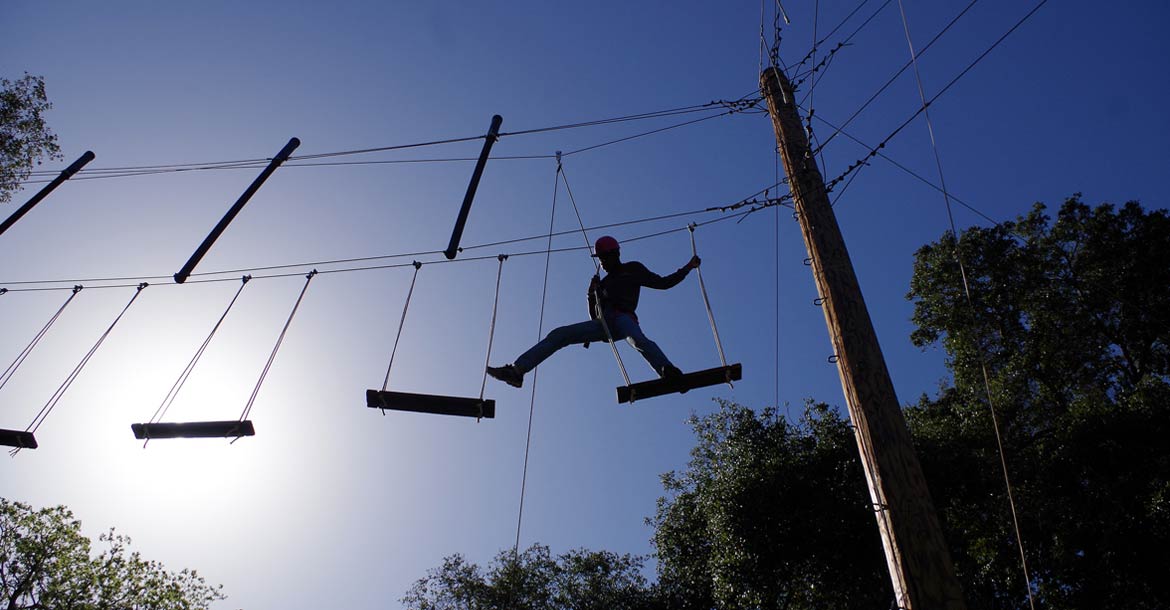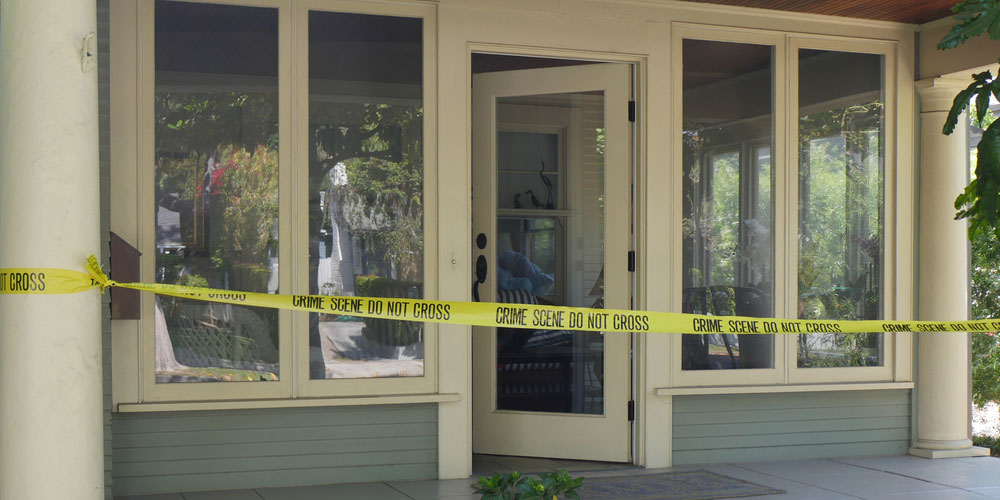The First Homicide
I was en route to the station in the wee morning hours when dispatch radioed. Right at shift change; just as I was thinking I’d be on my way home in another twenty minutes.
Dispatch: “Greenville 14.”
Me: “14.”
Dispatch: “Possible 10-51 by the railroad track at Lee and Wright.”
Me: “Received, direct. 14 en route.”
Sigh. A drunk. If the person was too inebriated to walk home safely I’d have to arrest them.
That would mean another three hours by the time I transported them, booked them into jail, and wrote up the arrest report.
IF it was a typical public intoxication call.
I turned off Lee Street between the old vacant railway station and the tracks. I could see a man lying on his back, spread-eagle on the pot-holed remains of what once was a paved area.
There was no movement. I had a sense that something was very, very wrong. To this day I cannot figure out what triggered the sense of dread, but I clearly remember feeling it before I knew what I was actually looking at.
I stopped the squad car about fifty feet away in order to make a cautious approach on foot.
The sun was just peeking out over the horizon and the place I occupied was literally in the twilight zone.
My thoughts went from caution to horror as I got close enough to see the man’s head…what was left of it.
I didn’t need a medical examiner to tell me what had happened. A shotgun muzzle had been placed under his chin and discharged, leaving a half-dollar coin-sized hole under his chin and blowing his brains and the top of his skull completely out and off.
During the activities that followed I was just numb. I couldn’t figure out how to feel…or how I was suppossed to feel. I was just methodically doing my job: securing the crime scene, waiting for the homicide investigator to arrive, and then doing whatever they needed me to do, like drawing chalk circles around every bit of brain matter, skull fragment, and blood spatter I could find in a 20 foot radius around the body where the gore had rained down.
It seemed like my body was a robot, and my brain was directing it from far away.
It was much later that I realized I had been in a classic case of mental shock.
People see violent death depicted on TV and may even see videos of actual homicides. None of that equals the impact of seeing, SMELLING, and handling the actual aftermath and evidence.
Later that day I finally got home and tried in vain to convince myself that I could sleep.
But I couldn’t.
I kept thinking about what went through Kenneth Yancy’s mind (yes, I remember his name) as someone stuck that shotgun under his neck just before they pulled the trigger. What terror must he have felt?
Did he believe he was about to be brutally executed?
Or did he think they were just threatening him?
I desperately tried to keep myself from imagining his feelings. My psyche was screaming at me to stop that train of thought for the sake of my own sanity. But I could still see his face and his hollowed out brain cavity in my mind’s eye. Those morbid imaginings kept coming, refusing to be subdued.
Then my mind began to explore additional avenues. Dark neural alleys it was now destined to travel at random intervals day and night for the rest of my life.
What sort of person could do this to a fellow human? How many people out there are capable of something like that?
It was the very first homicide I worked. It would not be the last. It would not even be the most horrific.
But it would be the most memorable. The doorway to an evil world I had never truly understood the existence of before.
It was the beginning of the “unnecessary” worry for my wife and children’s safety that they would never understand; the concerns born out of seeing the tradgedies that befell others.
I was thus imbued with a hyper-vigilance that I will carry with me like luggage for the rest of my life, and that has frustrated and annoyed my loved ones ever since.
There are people who would murder you and your loved ones without conscience if they could and you never have the foggiest notion that such human predators frequently pass within reach of you.
Law enforcement officers come to know this quickly, and it changes their mental paradigm. Some slightly, many drastically.
Over the following years in law enforcement I was exposed to more examples of human depravity and the worries accumulated.
People don’t understand why I often have a weapon strapped to my hip, even though I haven’t been a cop since 1995.
They don’t understand why I avoid crowded places.
They don’t understand why I avoid bars and rarely dine in at restaurants.
They don’t understand why I feel personally offended when they join in on the disrespect and vilification of law enforcers.
It’s because I have seen the evil that people are capable of inflicting on other people; and because I can only be certain to find real rest when I am behind my own walls.
I know that other first responders past and present bear the same burden.





